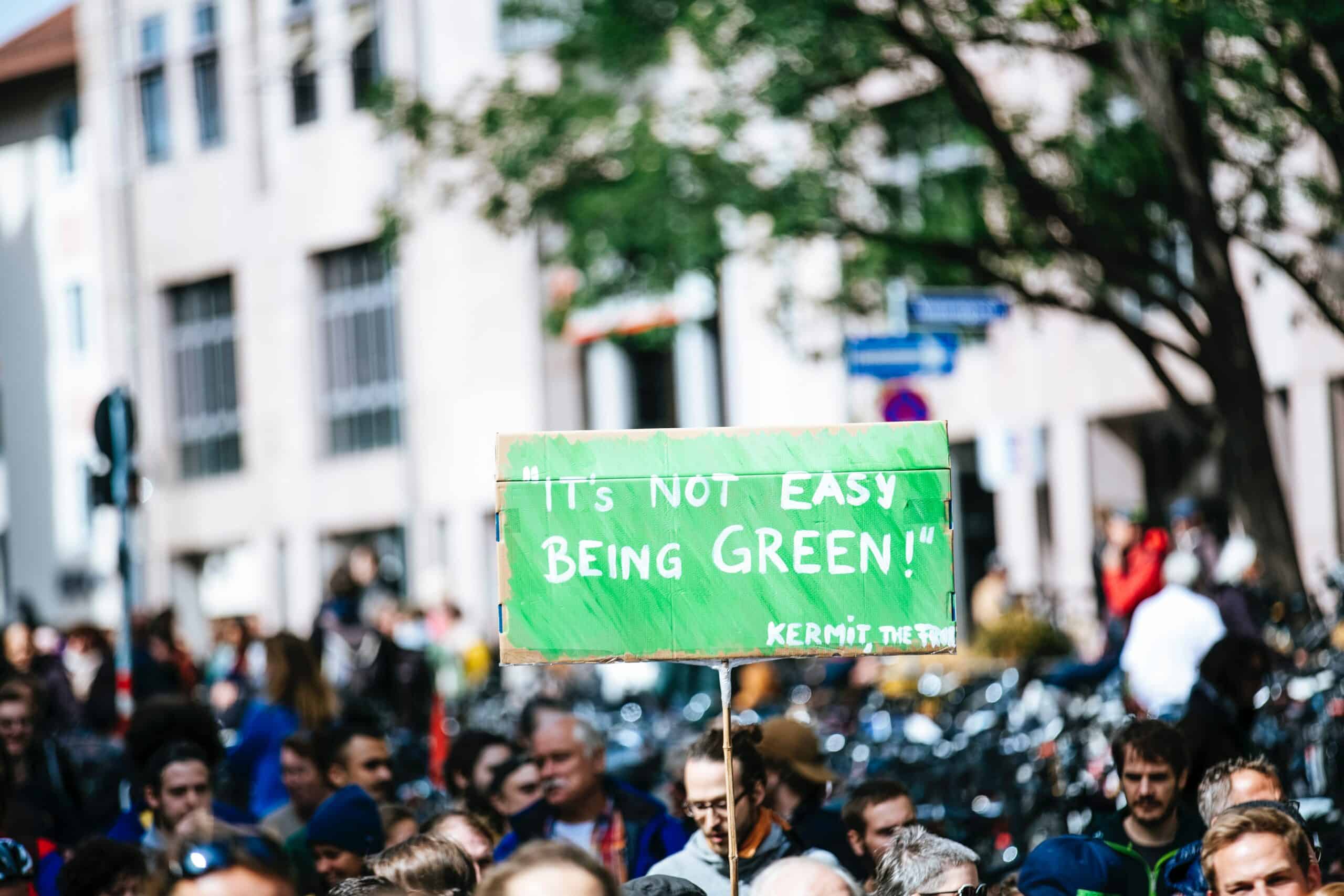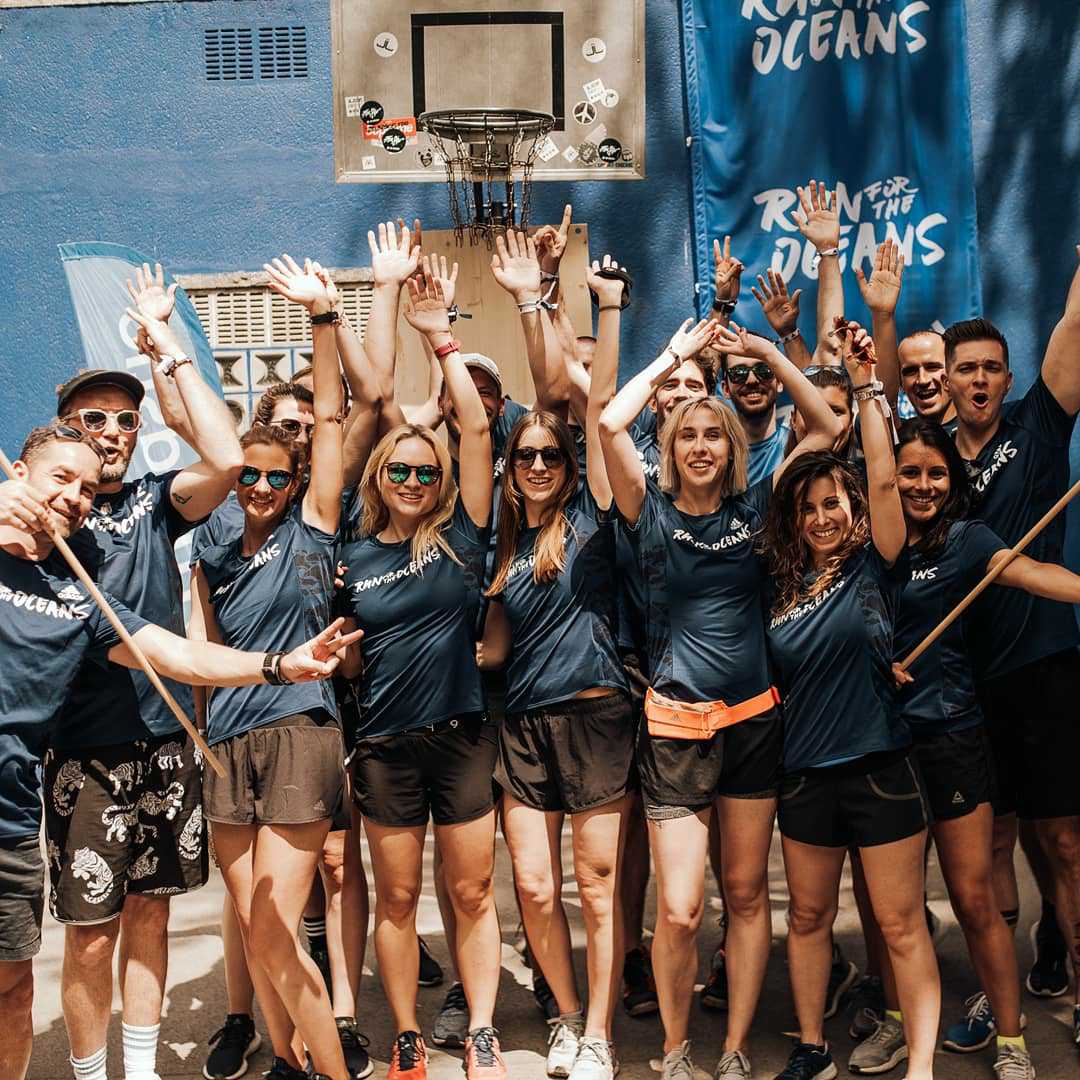The Tiger Talks interview series, hosted by our Co-Founder Chris, is back with another legendary guest: Captain Paul Watson.
Watson’s impressive career as a marine wildlife conservation and environmental activist spans decades of dedication and hard work, making him a true icon in the field of marine wildlife conservation.
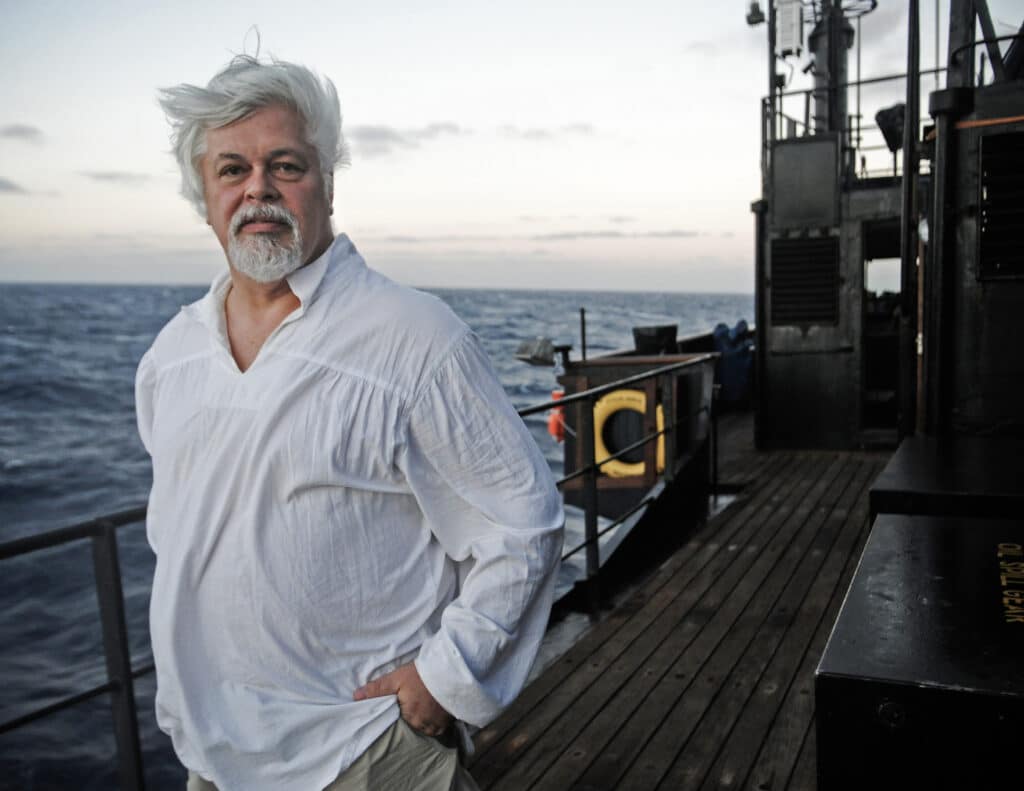
As a founding member and director of Greenpeace and Sea Shepherd conservation, he has been fighting for our oceans since the 1970s.
In 2022, he left the Sea Shepherd Conservation Society and now continues his vital work for marine wildlife conservation with his newly established Captain Paul Watson Foundation.
Chris himself had the honor of visiting the famous Steve Irwin vessel, a flagship of the Sea Shepherd fleet, during a stop in Sydney Harbour in 2008.
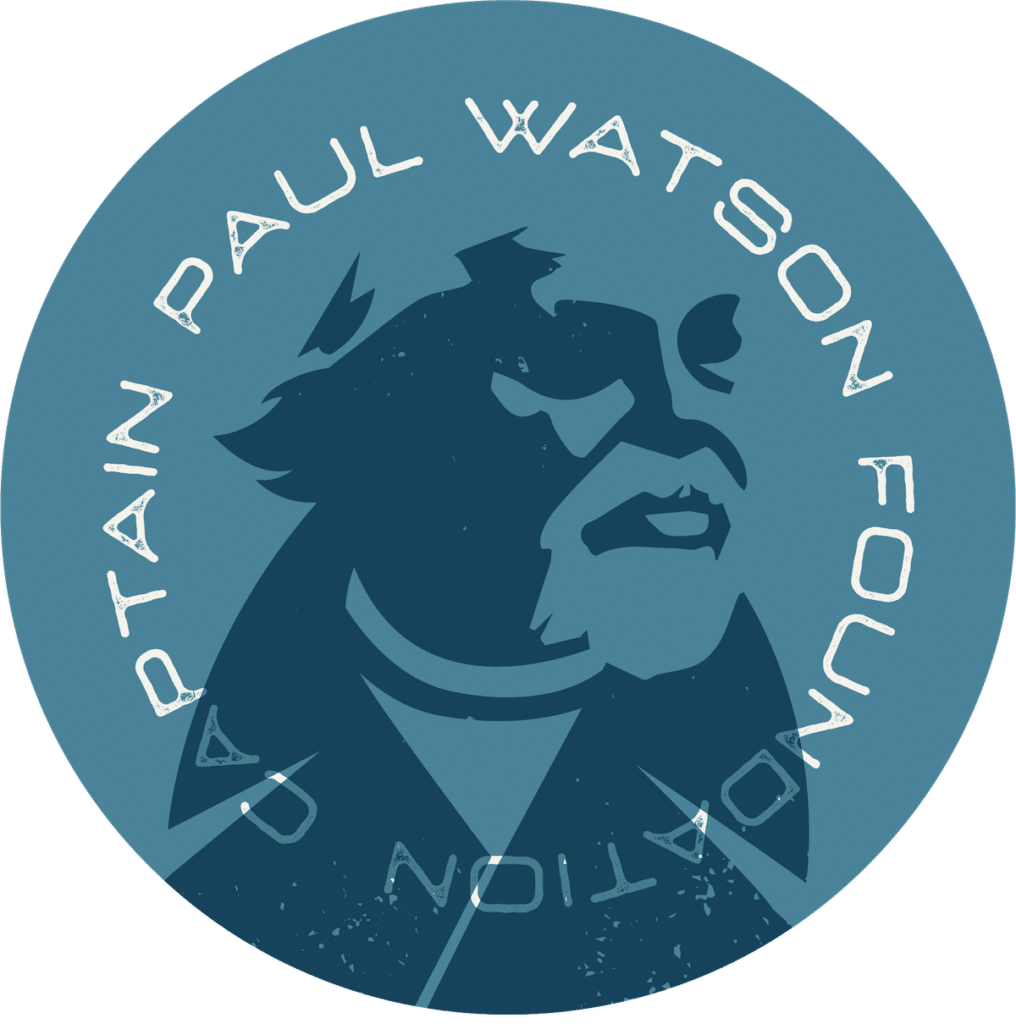
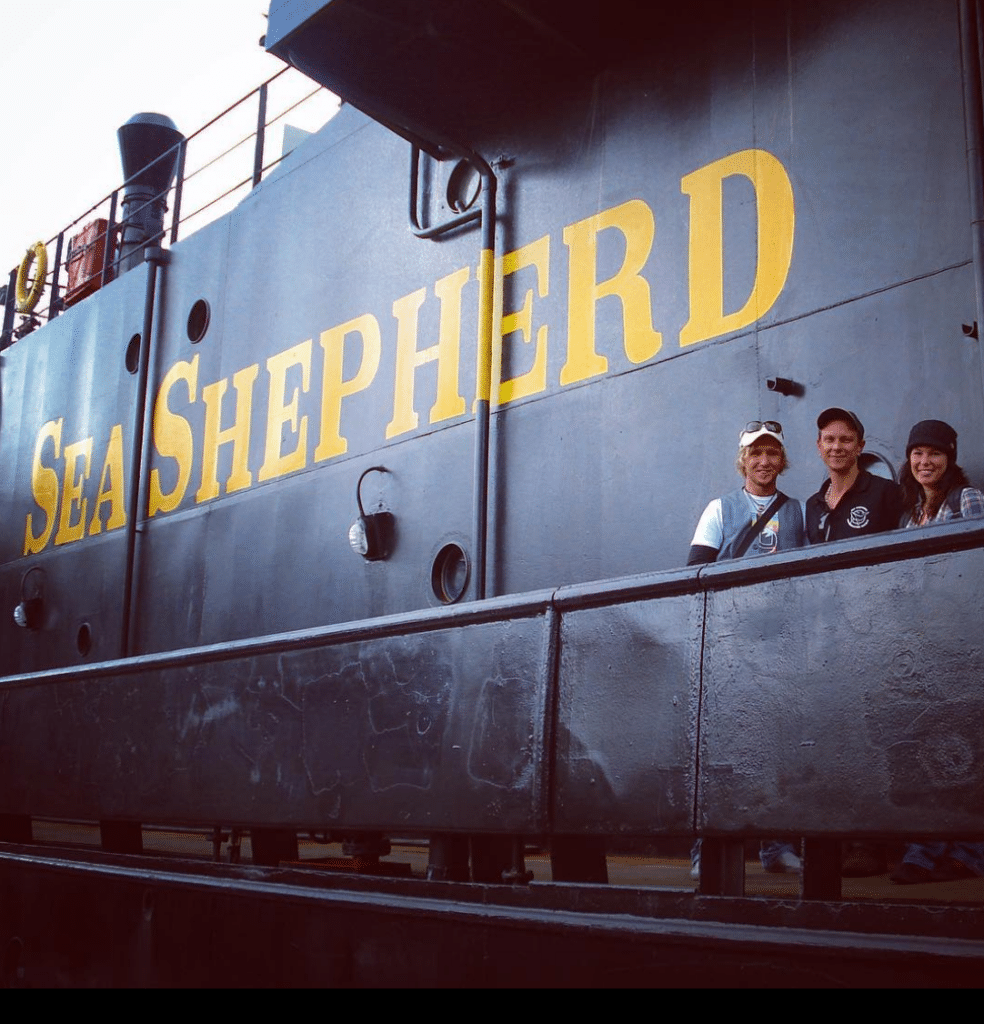
In the following The Tiger Talks interview, Chris asks Captain Watson about his fascinating, adventurous life, his experiences as a modern-day pirate, and what have been the most significant obstacles he has faced in his fight for the oceans.
Watson’s endless passion for protecting marine life and our planet is truly inspiring and is a shining example of what can be achieved through hard work, dedication, and an unbreakable spirit.
Check out this interview to learn from Watson’s tireless efforts and find out how you, too, can take action to make a positive impact on the world around us.
»Don’t worry about the future. Focus on the present. That’s where your power lies.«
Captain Paul Watson
Chris: Let’s talk a little bit about the person Paul Watson. So first of all, what inspired you in the first place to become the activist that you are? Was there a specific event?
Paul: Well, there’s a couple, but I was raised in an eastern Canadian fishing village. And I spent an entire summer swimming with a family of beavers when I was 10 years old. And the next summer when I went back to find them, they were gone. And I found out trappers had killed them all during the winter, and that made me very angry.
So, that winter I began to walk the trap lines and. Free the animals and destroy the traps.
I started pretty young on that. And in 1969, I was the youngest founding member of the Greenpeace Foundation. But in 1975, Bob Hunter and I were in a small boat trying to protect a pot of sperm whales in the North Pacific.
And we, you know, we had been reading a lot of Gandhi at the time and we thought that, oh, we just put our bodies between the harpoons and the whales and that’s gonna protect them. And that worked for about 20 minutes until the captain came running down the catwalk and he screamed into the ear of the harpoon and then he looked down on us, smiled and brought his finger across his throat like that.
And that’s when I realized Gandhi wasn’t gonna work. And a few moments later, the harpoon roared over the head, an incredible explosion, and slammed into the backside of one of the sperm whales, and it was a female. And she rolled on her side, she screamed there was blood everywhere, and the largest whale suddenly hit the water with his tail and dove, and she swam right underneath of us and threw himself at the bow of this Soviet harpoon vessel.
But they were ready for her with an unattached harpoon and hit her point black in the head, and she fell back in the water screaming, rolling in agony on the surface. Caught her eye and she suddenly dove and came straight towards our little boat and came up and out of the water at an angle that the next thing she’s gonna do is fall down and crush us.
And as, as her head rose out of the water, and I looked into her eye, I saw something that changed my life forever. And that was, Understanding. She understood what we were trying to do because I could see the effort she made to pull himself back and her eye sank beneath the surface of the sea and disappeared and she died.
Could have killed us, but she didn’t. But I saw something else in that eye: Pity. Not for herself, but for us that we could take life. So thoughtlessly and so cruelly. And why? Why were we killing sperm whales? They didn’t eat them.
They killed sperm whales for oil, for a high heat resistant industrial oil.
Prized in a lot of things like the construction of intercontinental ballistic missiles, and I said to myself, here we are destroying this incredibly beautiful, intelligent, self-aware creature for the purpose of making a weapon meant for the mass extermination of human beings. And that’s when it struck me.
We’re insane. We’re absolutely insane. And then I, from then on, I said, I’m not doing this for us. I’m doing it for them. I protect them. They’re our clients. So, in 1986, when we sank half of Iceland’s oiling fleet and shut them down for a number of years, I had a colleague approach me at the International Oiling Commission.
He said, what you did in Iceland was despicable. It’s unforgivable, it’s criminal. And I said, so, so, and he said, well, I think you should be concerned about how people think about you. And I said, no, not really. I didn’t sink those ships for you or for any human being. We sank those, those ships for, for the whales.
Find me a whale that disagreed with what we did that day, and I promise we won’t do it again.
Chris: It doesn’t look good. How, humans are or what we do with nature, but what gives you still hope that we can turn things around or, or that the future is brighter than it looks?
Paul: Hope is a meaningless word to me.
I learned a lesson many years ago, which has stayed with me. I was a medic for the American Indian Movement during the occupation of Wounded Knee in 1973. We were surrounded by federal agents who were shooting at us every night, 20,000 rounds a night. They wounded 46, they killed two. We didn’t have any hope of winning.
And I went to Russell Means, who is the leader for the American Indian Movement. And I said, the odds are against. We can’t win this. What are we doing? And he said, we’re not concerned about the odds. We’re not concerned about winning or losing. We’re here because this is the right place to be, the right time to, to be here and the right thing to do.
Don’t worry about the future. The future. You have no control over the future, but what you do have control over. Is the present and what you do in the present will define what the future is. So, I don’t get pessimistic. I don’t get depressed. I don’t worry about the future, and I don’t really hope that things have changed.
Everything that I do is to try and work in the present to define what the future will be. So, the focus is on the present. That’s where your power lies.
To find out more about how Captain Paul Watson continues his fight for marine wildlife conservation and how you can support him, too, go to Captain Paul Watson Foundation!
Copyright photos
Captain Paul Watson Foundation / Kerstin Kieslinger / Unsplash

